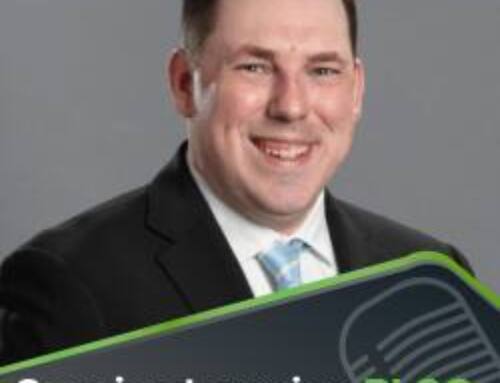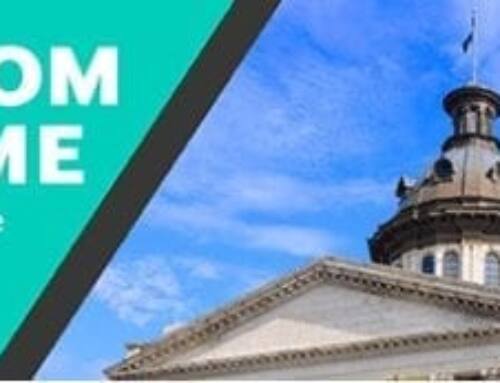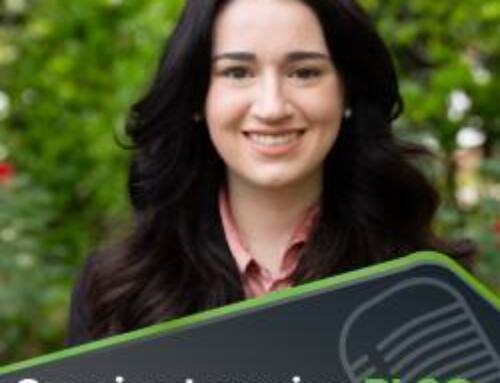SCACPA participated in the recent meeting of the SC Board of Accountancy on October 26.
During the meeting, members of the SC Board of Accountancy and SCACPA CEO Chris Jenkins discussed the various paths to practice in South Carolina, identified areas of potential confusion, and worked to remove barriers to licensure while maintaining the profession’s integrity.
Member concerns regarding licensure were previously submitted to the Governmental Affairs Committee for review. After discussion and consideration, the committee directed SCACPA staff to speak to the Board about any perceived confusion. SCACPA’s Governmental Affairs Committee consistently works with various regulatory bodies to ease or remove practice barriers. We appreciate these volunteers and their dedication and tenacity throughout the year.
Having achieved additional clarity at the Board of Accountancy level, SCACPA is well-positioned to move S.812 through the legislature when the legislative session begins in January. We appreciate the Board of Accountancy’s time and commitment to adding clarity and removing roadblocks to licensing in South Carolina.
During the meeting, the Board recognized the need to improve the current SC Rules & Regulations course and appointed a budget committee to explore the feasibility of adaptive ethical education. With fewer than three months left in the reporting cycle, the Board continues to make swift changes to aspects of the current course that are incongruent with current practice. As a community, we appreciate the Board’s efforts to ensure quality ethics education.
Substantial Equivalency, Mobility, and Reciprocity
As SCACPA continually works toward eliminating barriers to practice in South Carolina, the Governmental Affairs Committee has prioritized the passage of changes and amendments to Title 40 Chapter 2. As we progress, SCACPA regularly seeks comments and interpretations from the SC Board of Accountancy to ensure public protection and a clear pathway for CPAs to practice within the State.
The October 26 meeting was successful in that we solidified:
- That licensing is based on a licensee’s principal place of business. There is no residency requirement to license.
- That CPAs working via mobility can use the CPA credential in practice.
- Substantial equivalence is now determined by 150 credit hours, but not the specific 36/36 requirement required by new licensees.
By moving forward with these modifications, CPAs seeking to move to and work in South Carolina will be recognized appropriately and have a process aligned with the UAA. This enhances the attractiveness of South Carolina as a place to both live and work. The changes also open more opportunities for building the CPA pipeline within the State by allowing firms and companies to seek more qualified candidates to fill their open positions with fewer reciprocity concerns.
It is important to note that SCACPA communicates only its understanding of the law. Specific questions regarding individual licensure should be directed to the South Carolina Board of Accountancy Administrator, Susanna Sharpe, CPA, at 803.896.4770 or susanna.sharpe@llr.sc.gov.
Understanding Paths to Licensure in South Carolina
Based on the statute, there are three paths an individual may take to engage in the practice of accounting as a CPA in South Carolina.
- New Licensee: A new applicant is seeking initial licensure. This individual must meet the state-specific education, exam, and experience requirements. South Carolina currently has a higher standard for education than many other states, specifically regarding the definition and hours of applicable courses. (SECTION 40‑2‑30 & REGULATION 1-01)
- Reciprocity: This individual is licensed to practice in another state and has a principal place of business in South Carolina. This licensed CPA needs to obtain a license by reciprocity to work in South Carolina. This license is based on standards substantially equivalent to those in effect in this State. (SECTION 40‑2‑240)
- Mobility: An applicant whose principal place of business is outside of the State. This individual is presumed to have qualifications substantially equivalent to our State’s requirements and does not need to obtain a license to practice in South Carolina. South Carolina does have a mobility exception, but this is applied to the firm, not the individual, and is out of scope for this discussion. (SECTION 40‑2‑245)
Substantial equivalency ensures that all states maintain a minimum standard for CPAs while also providing flexibility to states regarding specific requirements for state-based licensure. In short, the minimum standards applied to all substantially equivalent states are:
- 150 hours of education
- One year of experience
- Passing the Uniform CPA Exam
You can find additional information about substantial equivalency at https://nasba.org/licensure/substantialequivalency/.
These scenarios can help you understand how each of the three paths can lead to licensure in the State:
Relocation Scenario 1
A CPA licensed in New York and working for a New York firm moves to South Carolina and continues to work for the New York firm. The CPA has clients in South Carolina and performs tax work for South Carolina clients through the New York firm.
This individual is practicing under mobility and is practicing under the jurisdiction of both NY and SC Boards.
Relocation Scenario 2
A CPA licensed in New York and working for a New York firm moves to South Carolina and continues to work for the New York firm. The CPA has clients in South Carolina and performs attest work for South Carolina clients through the New York firm.
This individual is practicing under mobility, but the New York firm must have a firm registration in South Carolina.
Relocation Scenario 3
A CPA is licensed in New York, moved to South Carolina, and works for a South Carolina firm. The CPA has clients in New York and performs work through the South Carolina firm.
This individual must be licensed by reciprocity.
Education Requirement Scenario 1
A CPA candidate has 150 hours of education, but it does not meet the specific 36/36 South Carolina education requirements. She moves to and earns her license in Georgia. She works in a Georgia firm and engages South Carolina, tax clients.
This individual is practicing under mobility.
Education Requirement Scenario 2
A CPA candidate has 150 hours of education, but it does not meet the specific 36/36 South Carolina education requirements. He moves to Georgia, earns his license in Georgia, then moves back to South Carolina as a licensed CPA, and works in a SC firm.
This individual must be licensed by reciprocity. This individual now holds a license and meets the definition of 40-2-20 (21) substantial equivalency. To ensure that a higher standard is not applied to residents vs. non-residents, the specific 36/36 education requirement should not apply.



